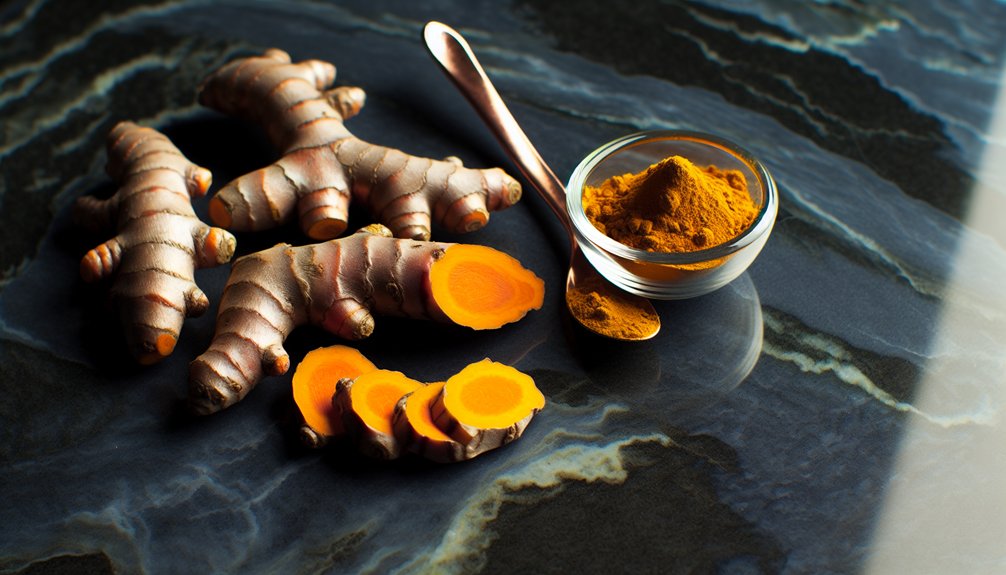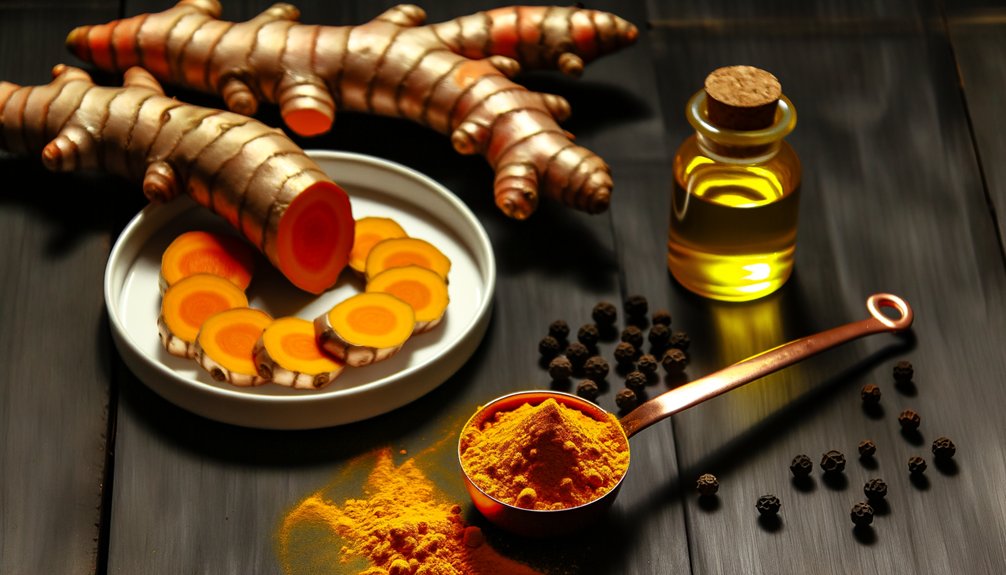Turmeric, often hailed for its golden hue, holds powerful potential in managing diabetes through its star component, curcumin. This vibrant spice may enhance insulin sensitivity and reduce blood sugar levels, offering hope to those battling this condition. Imagine feeling a connection to your health, where curcumin helps diminish anxiety tied to fluctuating glucose. With its antioxidant and anti-inflammatory properties, turmeric can be a delightful addition to meals. Discover how this kitchen staple can transform lives for the better.

In a world where health challenges seem to multiply, the golden spice known as turmeric shines like a beacon of hope, especially for those grappling with diabetes. This vibrant yellow root, packed with curcumin, has caught the attention of many as a potential ally in managing blood sugar levels. Imagine a life where every meal is not just a ritual, but a chance to take control of one’s health—a dream made possible by the anti-diabetic properties of curcumin.
Research shows that curcumin does more than just add flavor to dishes; it actively combats inflammation and enhances pancreatic function. It’s heartening to know that this spice could delay the progression from prediabetes to type 2 diabetes, a path many fear. For those who have experienced the anxiety of fluctuating blood sugar, the thought of curcumin improving insulin sensitivity and reducing insulin resistance can feel like a warm hug on a chilly day. Furthermore, curcumin is noted for its antioxidant and anti-inflammatory properties, which may contribute to its effects on diabetes. Studies suggest that curcumin supplementation has led to significant reductions in glycated hemoglobin (HbA1c) levels, showcasing its potential in diabetes management.
Curcumin not only enhances pancreatic function but also offers hope in delaying diabetes progression while soothing blood sugar anxieties.
In animal studies, curcumin has demonstrated remarkable effects on blood sugar control, showing the ability to reverse hyperglycemia and improve glucose tolerance. This gives hope to many who wonder if a simple dietary change could make a significant difference. Just think—by incorporating curcumin into their diets, individuals may find themselves feeling more energetic and less burdened by the symptoms of diabetes.
Furthermore, curcumin’s antioxidant properties are like a protective shield, fighting oxidative stress and inflammation that often accompany diabetes. This dual action not only supports better blood sugar control but also helps in preserving pancreatic health. It’s truly inspiring to see how something as humble as turmeric can wield such power.
While clinical studies affirm these benefits, it’s important to approach curcumin with care. Though generally safe, it’s wise to consult healthcare providers before diving into supplementation. In the end, turmeric offers a glimmer of hope, reminding us that nature can sometimes be the best medicine.
